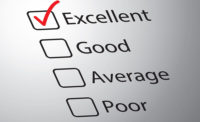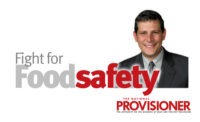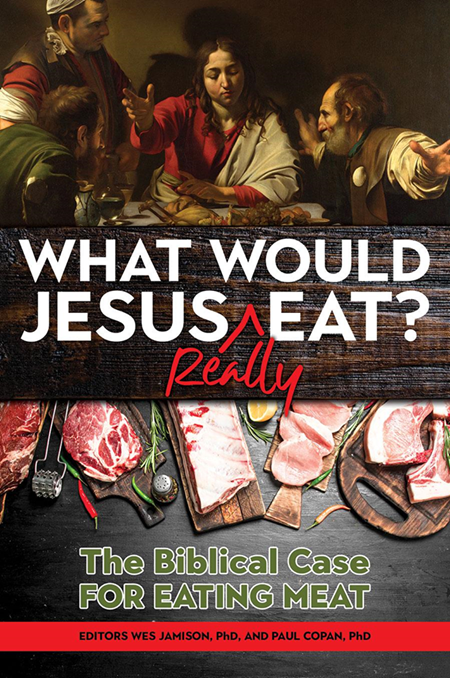Life often presents us with some very difficult decisions. And, in many cases, the decisions we make can have some very serious consequences. In this context, it also stands to reason that the way in which we analyze information and make decisions will also play a significant role in the choices we make.
The same is true in our own profession. Every food processor wants to believe that the food it produces is as safe as it can be, and that any departure from this standard is exceptionally rare. But, the safety of a company’s food is only as good as the company’s food-safety decisions. And, in many instances, when a company is faced with a difficult food-safety choice, it will place more significance on information that supports what it wants to believe, while discounting information that runs contrary to its belief.
Let’s say, for instance, a company is faced with the difficult food-safety decision of recalling product for the presence of undeclared allergens. When making the decision regarding the scope of the recall, the company might discount evidence which runs contrary to the desired outcome (such as the actual level of allergens present or the scope of the potential contamination). That same company may also place more significance on information which suggests — perhaps incorrectly — the absence of a problem, such as pointing to questionable employee accounts (or other less reliable evidence) to show that the problem was limited to only a few, select batches (when, in fact, it was much broader).
So, when faced with such dilemmas, how should you process the information available and make your own food-safety decisions? Well, the answer is simple. Just ask yourself, “What would 12 jurors think?”
While it’s true under this scenario that your decision about whether to recall certain products, or about how much to recall, will not likely lead to future lawsuits or trial, it might. Imagine, for instance, that you limit the recall too narrowly, and someone becomes sick or even dies. Once a lawsuit is filed, there will be an unrelenting chorus of second-guessing: How could you have made such an incorrect decision? Or, why does your company put its own profits ahead of the safety of its customers? In this scenario, obviously, the opinions of 12 jurors will definitely matter.
But, even if a lawsuit is not filed, the same watchwords will ensure that you are consistently making the right decision in all aspects of your profession. This is because a juror is no different than you or me. And, in reality, it someday could be you or me. So, imagine you were a juror at trial asked to judge your own choices?
If you would be proud of those decisions sitting as a juror, then you can always be proud standing behind those decisions as a professional.







Report Abusive Comment